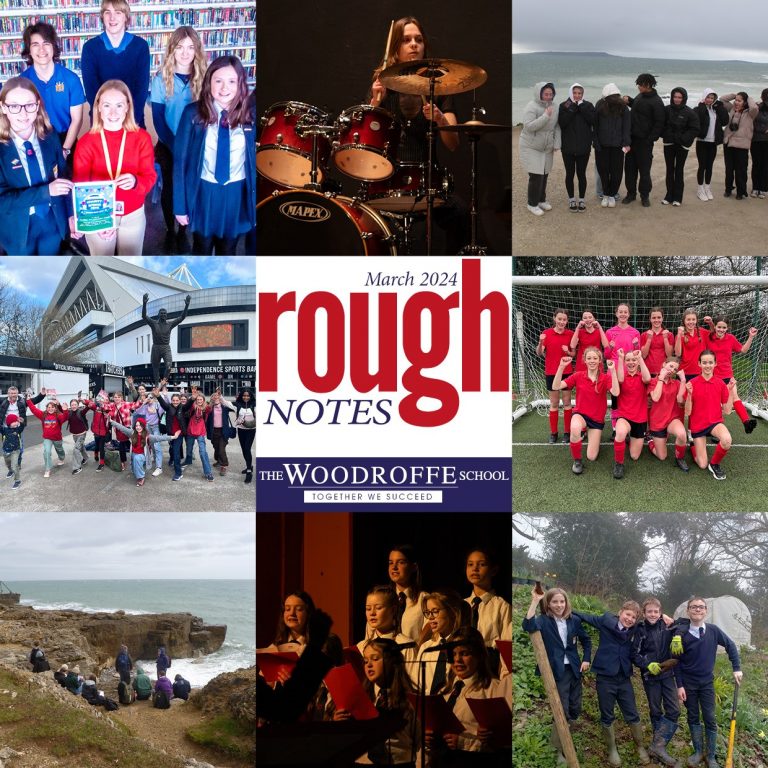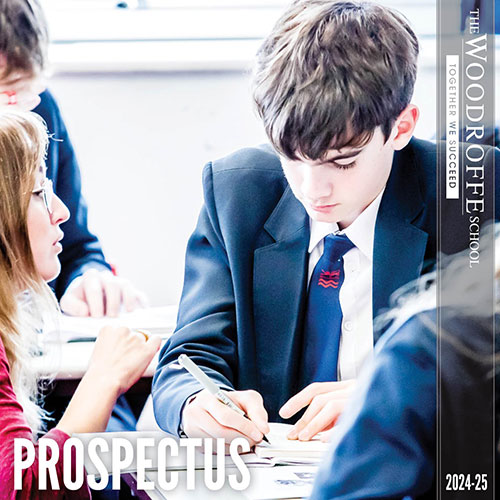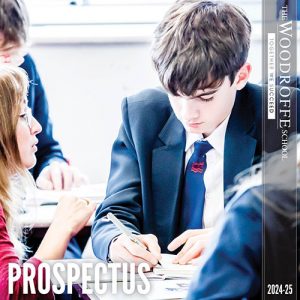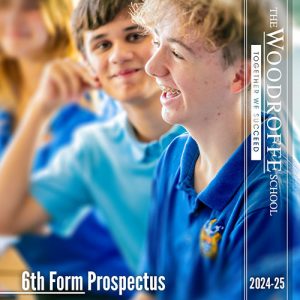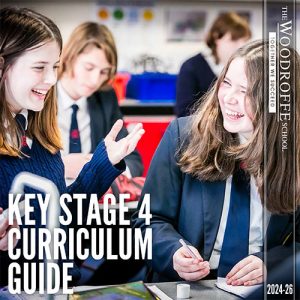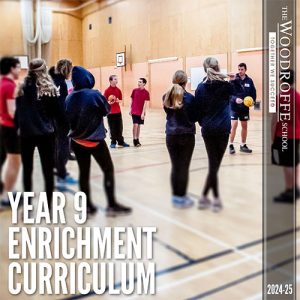Rough Notes - March 2024
Welcome to the March edition of Rough Notes, thank you for taking the time to read our monthly publication.
March has been a fabulous month packed with events and activities. There really is such a lot to get involved in at our school. Whether you are interested in sport, music, the arts, environmental issues or what you might do after school, I am sure we will have something for you.
One of the highlights of the school year is the Senior Awards evening followed by the whole school assembly the morning…
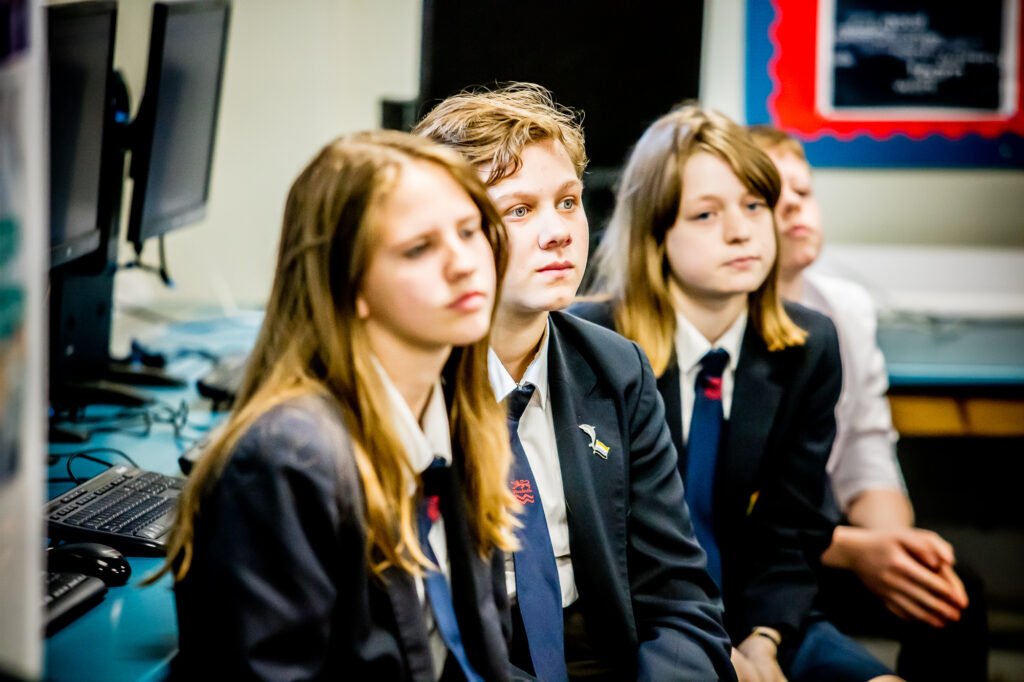
What's it like to be a student here at The Woodroffe School?
WATCH THIS FILM TO FIND OUTOur Prospectus
The Woodroffe School achieves excellent outcomes, with student progress being the most important consideration.
Our vision is not solely a narrowly academic one. Our school continues to develop the most comprehensive, effective and flexible pastoral support systems, the most engaging and varied extra-curricular programme, and, above all, a learning environment which is both safe and welcoming to all.
Latest News from The Woodroffe School
Get In Touch
Address
The Woodroffe School, Uplyme Road, Lyme Regis, DT7 3LX
Call Us
01297 442 232

